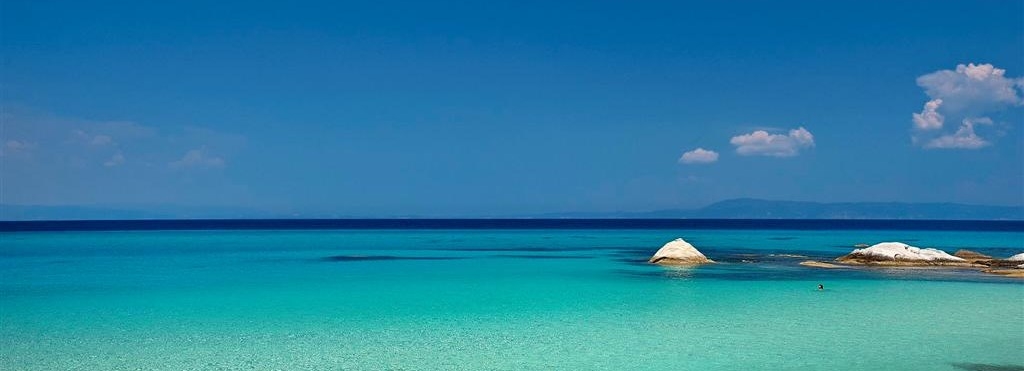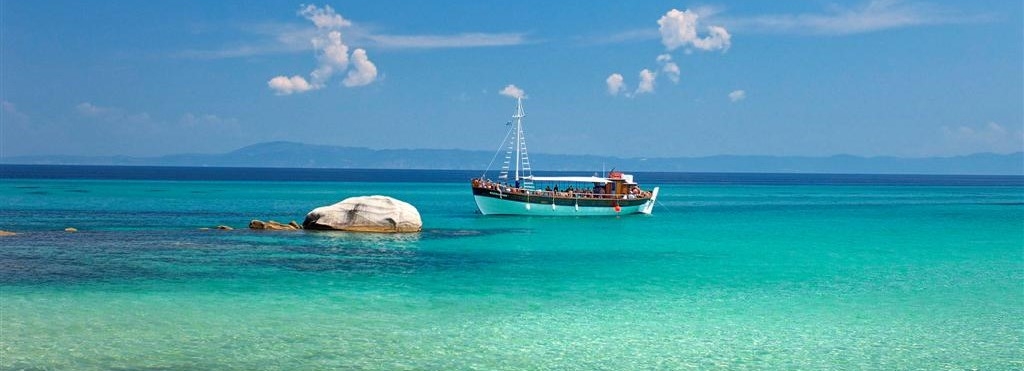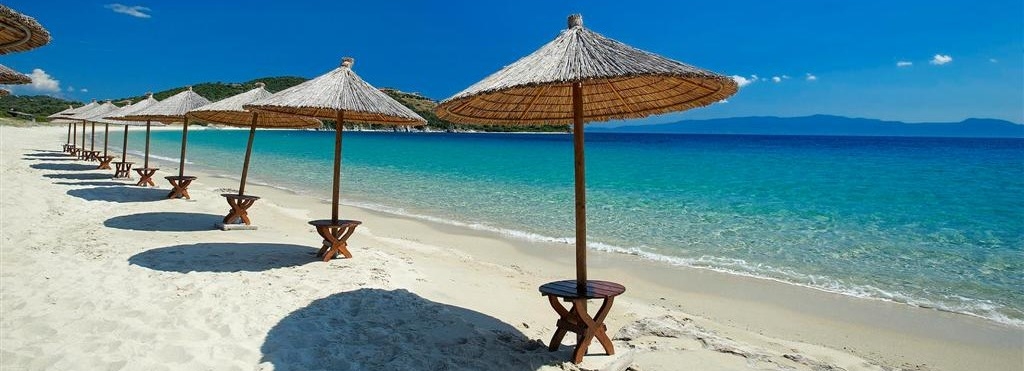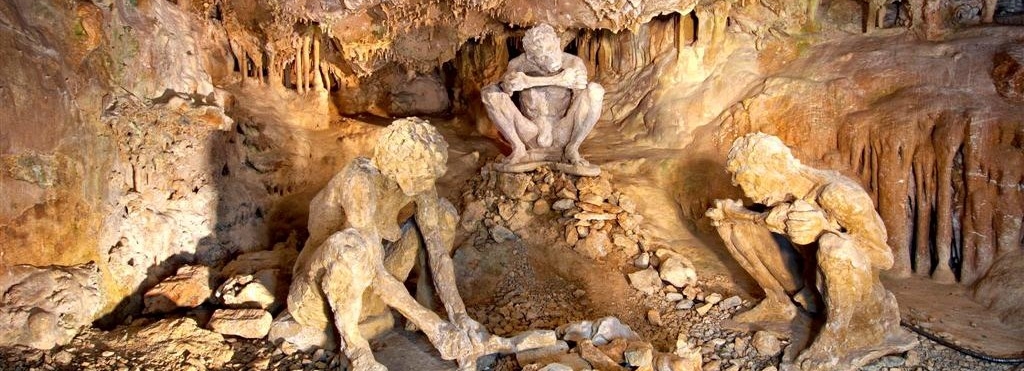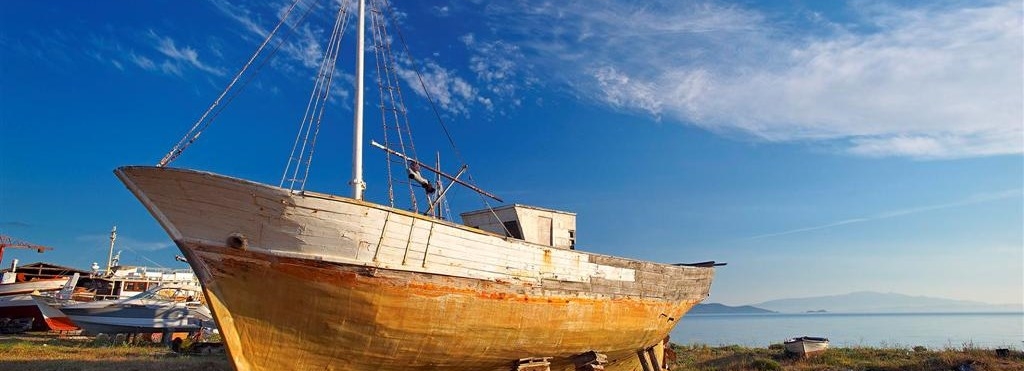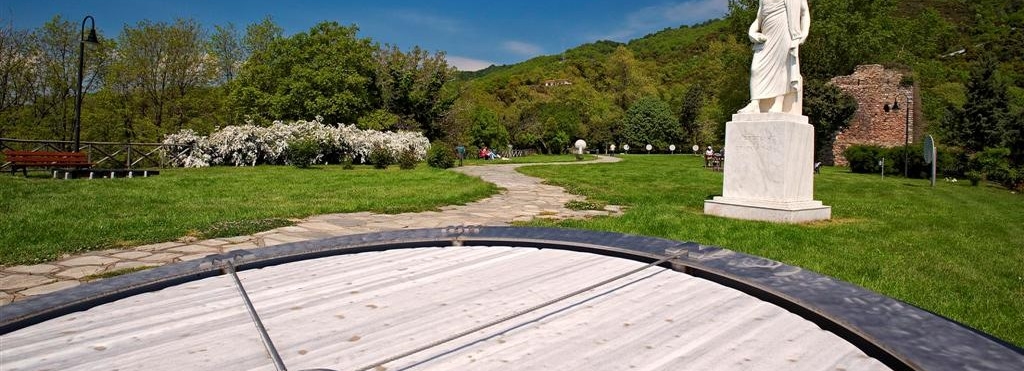Ancient Mende knew great economic prosperity due to the exports of the renowned wine of Mende and was one of the colonies established by Eretria on the peninsula of Pallni in the 8th century. The main archaeological site is 1200x600 meters and located on a flat and open place and on the slopes of a pine filled hill which smoothly descends to the sea. On its acropolis, of Vigla, which extends over the tallest southeastern point of the hill, underground tiled storage spaces were uncovered (clusters of storage-pits) which date from the 12th until the 7th century BC. On the plateau, known also as Xefoto (glade), a test section revealed part of the walls of the classical era city.
In the “Suburb”, also cited in Thucydides, which extends over the coastal area outside the walls of the ancient city, various consecutive settlement phases have been surveyed, from the 9th until the 4th century BC. In the coastal cemetery, found on the beach of Hotel Mendi, 241 burials were surveyed, principally of babies and children, inside large jars, which date from late 8th until early 6th century BC. The vessels were illustrated, with floral and geometrical decorations and/or incised and are characteristic samples of the pottery style of Halkidiki. Finally, the sanctuary of this ancient city was detected on the sandy, level cape “Poseidi”, 4km west of Mende. Amongst the excavated buildings we find the temple of Poseidon, daring from early 5th century BC and which was identified thanks to a series of inscriptions incised on vessels.
The results of the excavation research in ancient Mende until today are considered to be very significant, since they have established that a permanent settlement with intense Euboean influences had been established there already by the end of the 12th – early 11th century BC. We have yet to unravel the nature and characteristics of such an early settlement, but we have gathered important information not only on the colonization activities of Euboea, but also regarding the commercial relations which developed in the Northern Aegean Sea during the Greek Dark Ages.
